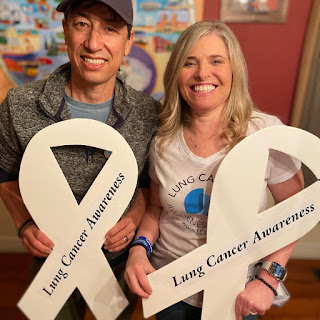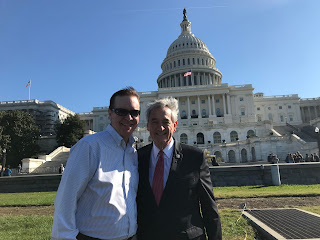The Power of Community: The White Ribbon Project

The Greek meaning of evangelist is "bringing the good news." It's why I call my podcast the Research Evangelist Podcast. I love to share stories about people in life sciences who are doing amazing work to advance cancer research. And it's why The White Ribbon Project has captured my attention. The White Ribbon Project is a grassroots movement of lung cancer patients, advocates, clinicians, researchers friends and families with a mission to change the public perception of lung cancer by spreading awareness that anyone with lungs can get lung cancer. No one deserves lung cancer whether you smoked or not. But lung cancer is not just a smokers disease, as more and more people are getting lung cancer with no smoking history. The White Ribbon Project is proving that the power of a community that cares can be unleashed by individuals who wanted to make a difference - people that didn't set out to start a movement. It's because their story is so sincere and authentic...





